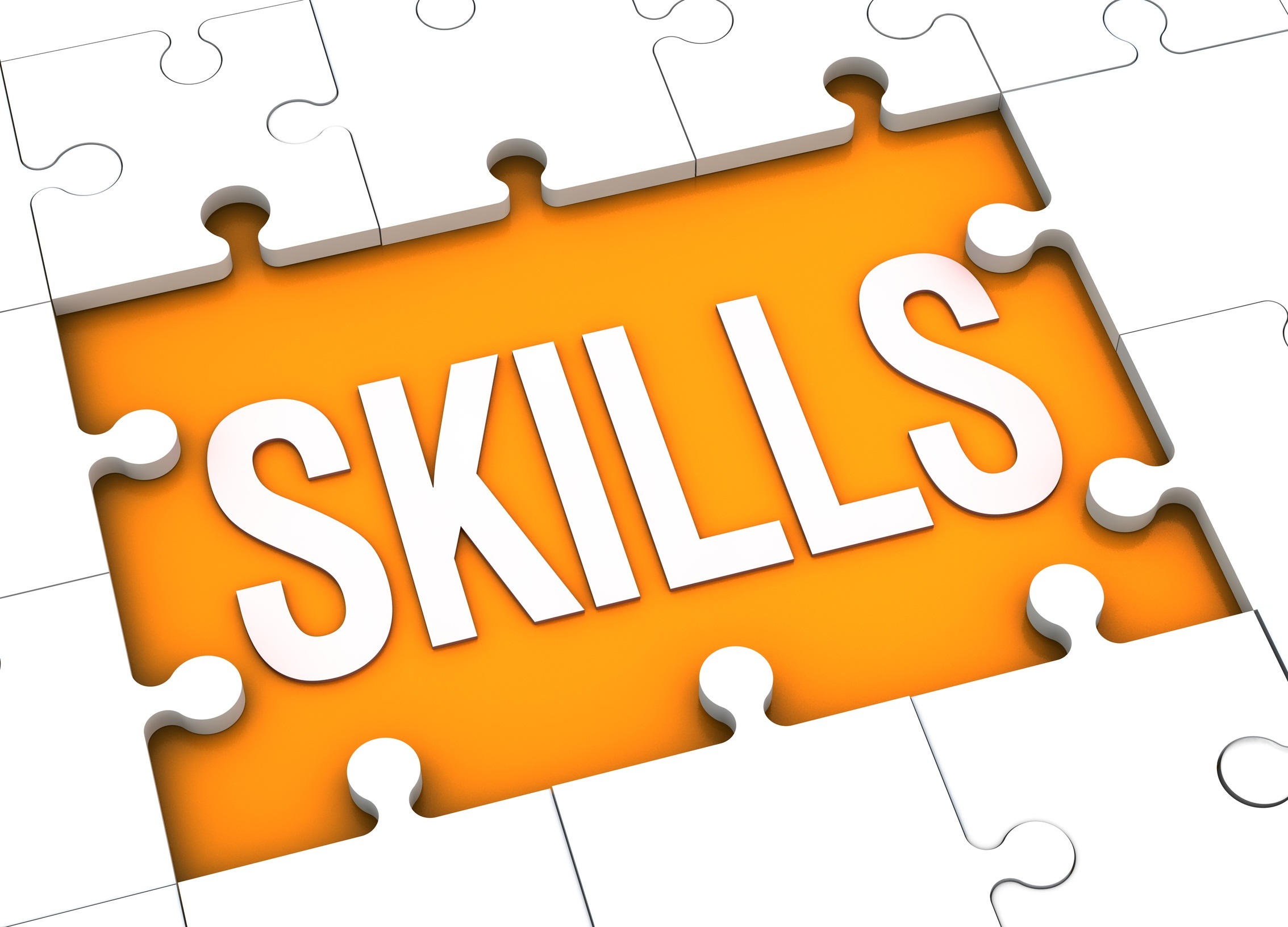Teradata CTO recognises data science skills gap
Speaking at the Teradata Partners Conference and Expo in Nashville, Stephen Brobst comments on the skills gap in data science


More needs to be done to address the data science skills gap on an education and training front, according to Teradata CTO Stephen Brobst.
Speaking to IT Pro at the big data analytics firm's Partners Conference and Expo taking place in Nashville, Tennessee this week, he said the widely reported big data skills gap is at risk of widening without urgent action.
"The demand for the skill sets far outstrips the supply," he told IT Pro. "There's no question.
"We don't do enough from an education point of view to get those skill sets into our new grads and so on, because we teach them math but we don't teach them statistics."
A recent survey of 300 business and technical decision makers in the UK, carried out by Opinium Research on behalf of EMC, revealed that almost two-thirds of respondents lack the skills needed to understand how to use customer data ethically and responsibly.
Addressing this issue, he added: "The people that are already out there... probably don't have [focus on the ethics related to data], and so it's the responsibility of companies to deliver opportunities for their people to attend those seminars.
"If you're working with data, you probably should be required to get some level of education around ethical use and treatment of the data particularly in industries like healthcare or financial services," Brobst continued.
Get the ITPro daily newsletter
Sign up today and you will receive a free copy of our Future Focus 2025 report - the leading guidance on AI, cybersecurity and other IT challenges as per 700+ senior executives
Another concern in the industry highlighted in the same survey was how a stagnated or outdated infrastructure can prevent organisations from taking full advantage of the benefits big data would offer them.
"We talk about these data lakes, and sometimes these data lakes become data dumping grounds and nobody knows what to do with it," Brobst said. "They're very good at getting the data in, [but] very few people are actually getting answers or information out. You get no credit, in my book, for storing lots of data.
"Which goes back to data skill sets do you have the data scientists who can exploit the data, convert the data into the information, the action and so on."
According to Brobst, the people currently heading up companies are those who need to be convinced of the value in data-driven business more than most, having climbed the ranks in a culture that existed before it's time.
The next generation will be automatically data-focused, but the skill sets required will be hugely altered.
Rather than relying primarily on gut instinct or experience when making decisions, those decision makers will have to ask the right questions of the data and subsequent analytics presented to them. And the problem may lie in the tools available to them as much as it does the skills shortage.
"Very often data scientists have to be computer scientists. A data scientist shouldn't have to have a PHD from Stanford University to get value out of data, they should be focused on the data and creating value, not programming as a computer scientist.
"So we have to have better tools to allow data scientists to get value from data without being a computer scientist," he added.
Caroline has been writing about technology for more than a decade, switching between consumer smart home news and reviews and in-depth B2B industry coverage. In addition to her work for IT Pro and Cloud Pro, she has contributed to a number of titles including Expert Reviews, TechRadar, The Week and many more. She is currently the smart home editor across Future Publishing's homes titles.
You can get in touch with Caroline via email at caroline.preece@futurenet.com.
-
 Bigger salaries, more burnout: Is the CISO role in crisis?
Bigger salaries, more burnout: Is the CISO role in crisis?In-depth CISOs are more stressed than ever before – but why is this and what can be done?
By Kate O'Flaherty Published
-
 Cheap cyber crime kits can be bought on the dark web for less than $25
Cheap cyber crime kits can be bought on the dark web for less than $25News Research from NordVPN shows phishing kits are now widely available on the dark web and via messaging apps like Telegram, and are often selling for less than $25.
By Emma Woollacott Published